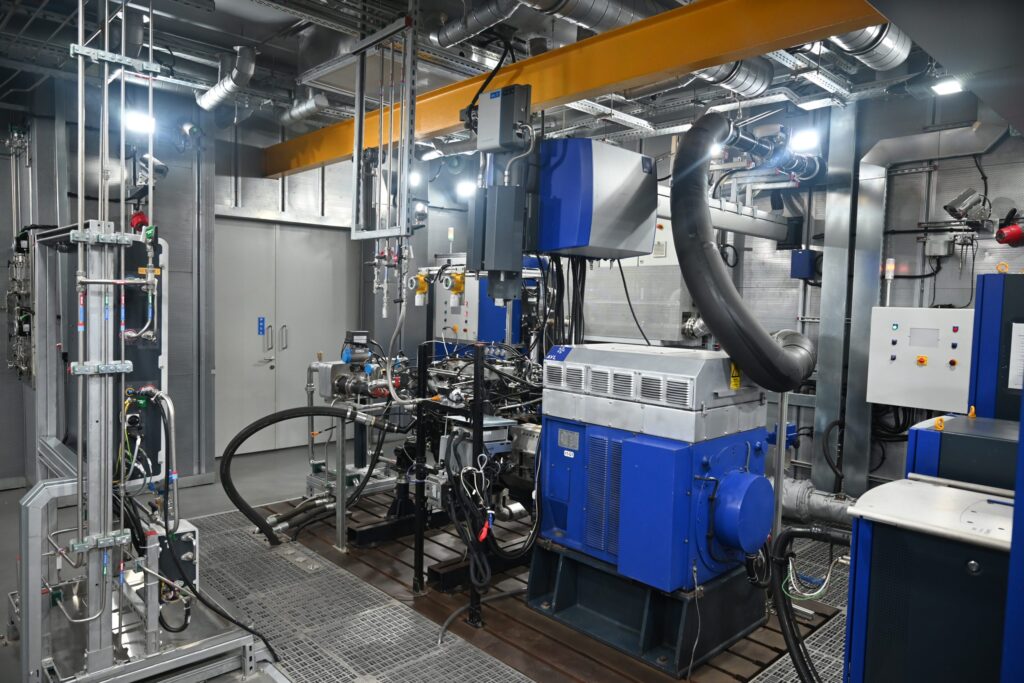
The shift toward sustainable mobility is gaining momentum across the globe, with hydrogen-powered vehicles emerging as a promising solution for reducing carbon emissions. Among the automotive giants, Tata Motors is making significant strides in this space. As a key player in India’s automotive industry, the company has already demonstrated its commitment to clean and green transportation through electric vehicles (EVs). But the question arises: can Tata Motors lead the way in the development and adoption of hydrogen vehicles? As investors, it’s essential to evaluate the Tata Motors share price and its potential in the long term, particularly as the company ventures into the hydrogen space. Consulting a SEBI-registered advisor is also crucial for making informed decisions on the investment front, especially as hydrogen technologies continue to evolve.
The Rise of Hydrogen Vehicles
Hydrogen vehicles are often hailed as the future of green transportation due to their ability to produce zero tailpipe emissions, unlike traditional internal combustion engine vehicles. These vehicles run on hydrogen fuel cells that combine hydrogen with oxygen to generate electricity, which powers an electric motor. The result is only water vapor as a byproduct—making hydrogen vehicles an incredibly clean alternative to both gasoline and diesel-powered cars.
While electric vehicles (EVs) have gained considerable attention in recent years, hydrogen vehicles present a distinct advantage, particularly in terms of refueling time and driving range. Unlike EVs that require several hours to recharge, hydrogen vehicles can be refueled in a matter of minutes, making them more suitable for long-distance travel and heavy-duty applications such as trucks and buses.
Tata Motors’ Hydrogen Vehicle Ambitions
Tata Motors has long been a leader in the Indian automotive market, particularly with its electric vehicle offerings like the Nexon EV. The company’s push for green technologies extends to hydrogen vehicles, with Tata Motors actively exploring hydrogen fuel cell technology as a viable alternative for the future.
The company’s vision includes the development of hydrogen-powered commercial vehicles, particularly in the trucking and public transport sectors, where long-range, quick refueling, and heavy-duty capacity are paramount. Tata Motors has already showcased hydrogen fuel cell buses and has partnered with various entities to explore the technology further. This positions the company as a potential leader in India’s hydrogen vehicle market, aligning with the country’s broader push to reduce carbon emissions and promote sustainable energy.
In addition, Tata Motors is part of a consortium working on green hydrogen infrastructure, which is critical for the success of hydrogen vehicles. The establishment of hydrogen refueling stations and efficient production methods for green hydrogen will be key to the widespread adoption of hydrogen-powered cars and trucks.
The Challenges Ahead
Despite the promise of hydrogen vehicles, several hurdles remain. The biggest challenge is the lack of infrastructure for hydrogen refueling. Currently, there are very few hydrogen refueling stations globally, and building this network will require significant investment and collaboration between governments, automakers, and energy providers.
Moreover, hydrogen production is still largely dependent on natural gas, which can offset the environmental benefits of hydrogen vehicles. However, advancements in green hydrogen production—using renewable energy to produce hydrogen—could help overcome this barrier, and Tata Motors’ involvement in this space could provide a competitive edge.
Another issue is the high cost of hydrogen fuel cell technology, which remains expensive to produce. However, with increasing demand and advancements in technology, the cost is expected to come down over time, making hydrogen vehicles more affordable for consumers.
Can Tata Motors Lead the Hydrogen Revolution?
Given Tata Motors’ strong track record in innovation and sustainability, the company is well-positioned to be a leader in the hydrogen vehicle space. Its ongoing efforts in EVs provide the company with valuable experience in alternative fuel technologies, and its commitment to green mobility aligns with global trends toward cleaner energy solutions.
From an investment perspective, Tata Motors’ share price may see long-term growth as the company establishes itself in the hydrogen sector. However, potential investors should carefully monitor the progress of Tata’s hydrogen initiatives, including the rollout of refueling infrastructure, partnerships, and advancements in fuel cell technology. Consulting a SEBI-registered advisor can provide valuable insights into the potential risks and rewards of investing in Tata Motors, particularly as the hydrogen market is still in its infancy.
Conclusion
Hydrogen vehicles hold tremendous promise as a sustainable solution for the transportation sector, and Tata Motors is positioning itself as a key player in this revolution. With its focus on clean technologies and its involvement in hydrogen fuel cell development, Tata Motors has the potential to lead the way in India’s hydrogen vehicle market. As the infrastructure and technology evolve, the company’s efforts could prove to be a game-changer.
For investors, Tata Motors presents an exciting opportunity, but it’s important to remain cautious and informed. The future of hydrogen vehicles is promising, but challenges remain. Working with a SEBI-registered advisor can help you navigate this emerging space and make sound investment decisions in the evolving automotive landscape.




